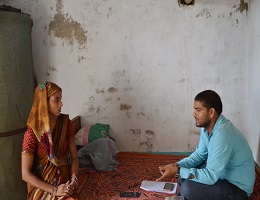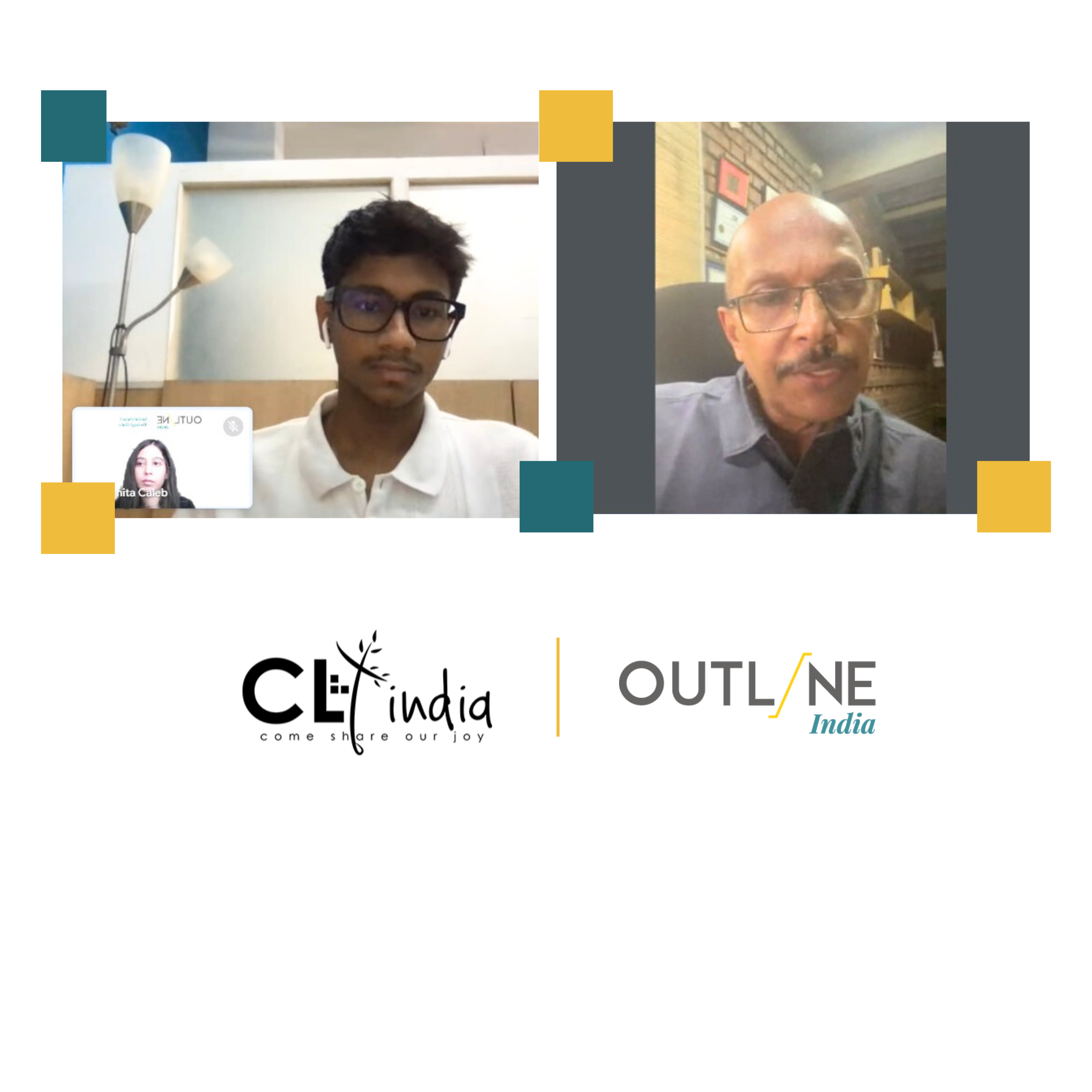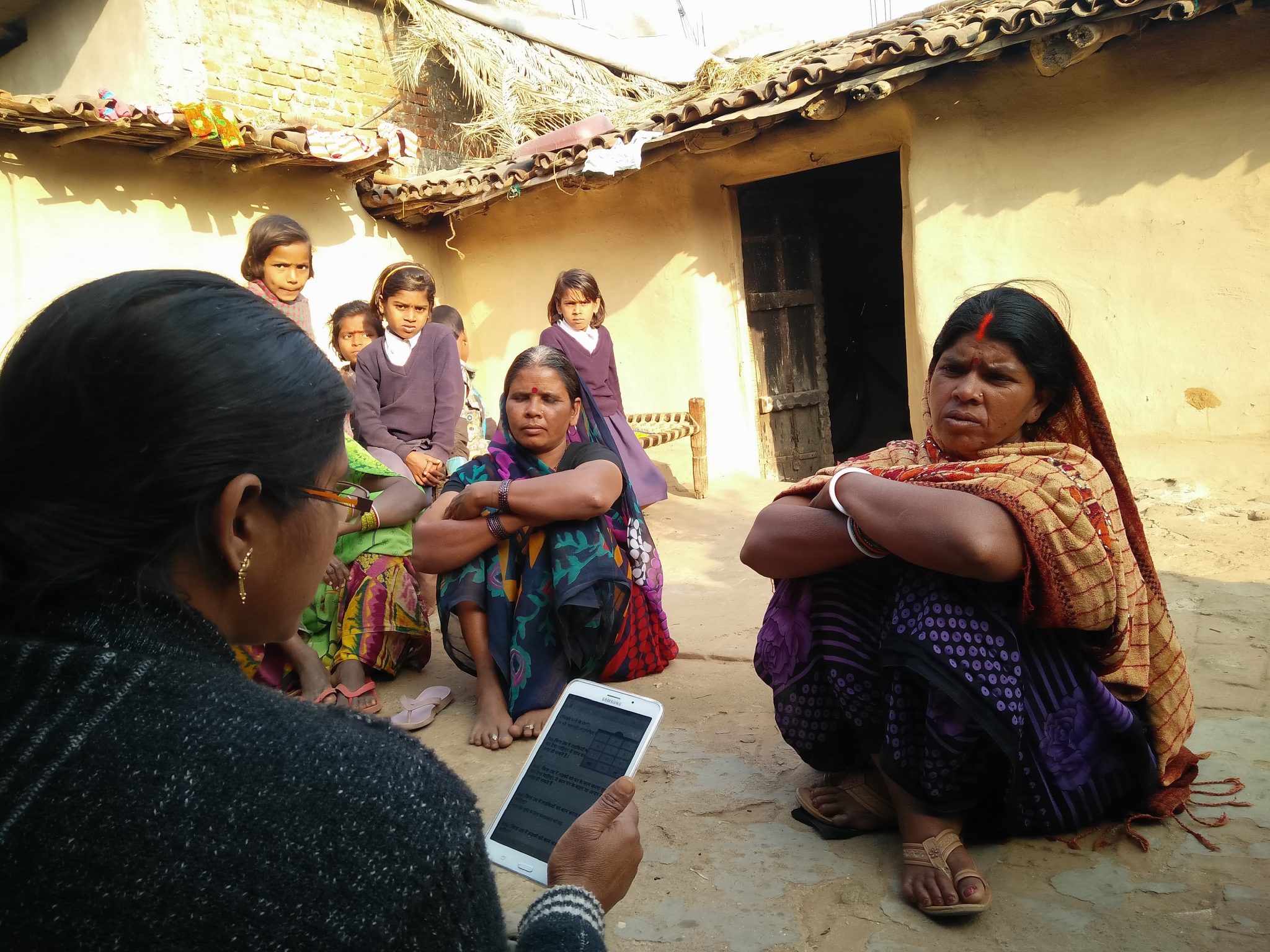Blog Details
30th July, 2016: When I decided to join the development sector a couple of years ago, I never thought that one of my first few stints would lead me to a government residential girls' school in a village located in the most interior parts of a Naxalite-prone village in Bihar. Some lessons and skills in life that you learn cannot be put down in a resume or cannot be explained in depth to your prospective employer as your USP but such experiences still count. Days like these help you grow that cannot be measured in tangible ways. This blog is about one such day, one such experience.
A typical day of on-field research at Outline India would start with getting up early in the morning and heading towards the research site planned for the day. There are a million things that could possibly go wrong when you begin – your mobiles may be discharged, you may have missed your wake-up alarm, your driver must be running late, your showers are not working, you do not get your morning cup of tea or your mobile simply does not have network to call anyone. But these do not even make your work half as challenging as you think.
On the morning of September 9, my colleague and I set out for a village located about 450 kilometres from our base. It had poured all night and getting through the urban traffic and the rural narrow lanes was next to impossible. After 4 hours of travelling past flooded roads, overflowing dams and sunken houses; we got stuck in a local riot around Gaya. Young boys, juveniles rather, were running around with broken poles and hockey sticks in hand, threatening everyone to halt their vehicles. These boys assumed the position of traffic police officials while the real uniformed men were just standing there helpless. People were asked to step out of the autos, the vehicle keys were being snatched and pedestrians were finding it hard getting past the traffic jam. And my colleague and I are stuck in our car in the midst of all this hooliganism and chaos, wondering why this riot broke out. About half an hour later, when the drama ended we made our way out only to find that the reason for the blocked road was nothing but a huge crane trying to clear the waters from the road.
We travel for another 2 hours getting further and further away from the India that we live in to an India that was so unknown to us. The existence of a local economy so far away from city life fascinated me. We reached a small isolated building in the middle of nowhere where girls studied in classrooms and lived in another small building next to it. It was quite impressive how so many girls take the pains of living away from their homes and travelling miles just for the sake of knowledge.
The story does not end as soon as the surveys are complete. As we change two modes of transport from a battery-operated auto to walking on the foot, we reach the highway only to find a massive traffic jam. A truck driver hit a boy who was driving a bike and the boy died on the spot. We had a train in 4 hours and we still had 150 kilometres to travel back to the station. Passers-by stopped their activities and stared at the accident spot and truck drivers gathered around with their hookahs and smoking to glory in the middle of the traffic jam. Another hour went by trying to find my colleague and spotting our car and trying to make our way out of the traffic jam. To make it worse, once we were out of the jam our tyre got punctured and we lost some more time. Luckily we made it in time to the station.
In a single day of field research, we encountered hooliganism by some 16-year-olds, army and police officials managing the traffic at an accident site, people wading through knee-deep waters, getting stuck in floods and jams and punctures. But it is all worth it when you know that your research and your efforts will help children achieve better educational standards. And that is what makes all the difference and working as a field researcher a proud job.
Anusha Iyer is a Research Trainee at Outline India. She has completed her M.A. in Development Studies from Tata Institute of Social Sciences, Hyderabad and B.A. in Economics from St. Xavier’s College, Ahmedabad. She has also worked at a CSR consultancy firm for a year and holds a post-graduate diploma in Journalism. The following piece describes her experience on field in a naxal-prone district.








David Angel Makel
IT ConsultantIt is a long established fact that a reader will be distracted by the readable content page looking at its layout point of using normal